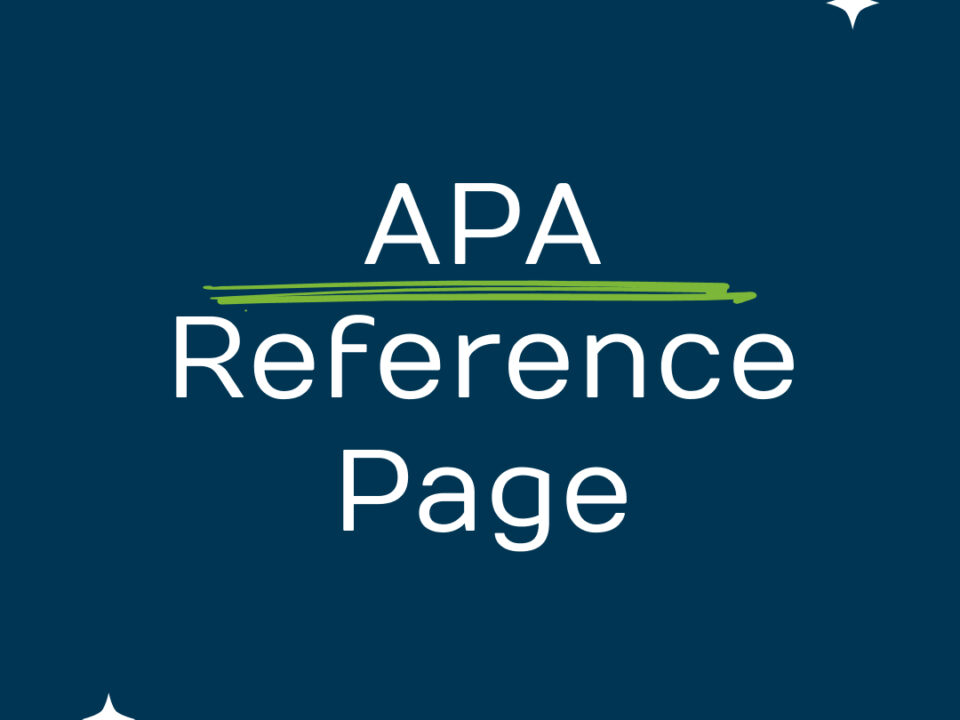
What is the purpose of Co-Author Participation services?
June 9, 2020
What is the Co-Author Participation ?
June 19, 2020Last updated on December 24th, 2024 at 07:40 pm
When it comes to research, plagiarism is a practice that violates ethical standards and causes severe damage to the credibility of researchers. Using another person’s work, ideas, or words without giving them the due credit is referred to as plagiarism. This malicious behavior not only taints the researcher’s reputation but also destroys the progress that has been made in the field of scientific knowledge. It is of the utmost importance for researchers to comprehensively understand plagiarism’s seriousness and its negative impact on their professional reputation.
It is a violation of academic and research ethics to plagiarize someone else’s work. It is anticipated of that researchers they will contribute to the existing body of knowledge by generating novel ideas and conducting in-depth analyses. Researchers are effectively taking credit for another individual’s labor, accomplishments, and intellectual contributions when they plagiarize another individual’s work. The academic environment is distorted as a result of this, and fellow students’ faith in one another is also damaged.
Plagiarism can have a number of negative implications, one of the most serious being the destruction of credibility. For the benefit of the academic community and the general public, researchers are obligated to produce accurate and trustworthy information. Because it gives the impression that the study findings and ideas are the original work of the plagiarist, plagiarism undermines this trust because it gives the impression that they are. Therefore, this not only undermines the credibility of the researcher, but it also raises questions about the validity of their entire body of work.
The damage that can be done to one’s reputation due to plagiarism can have far-reaching effects. Much criticism may be directed on researchers by their contemporaries, academic institutions, and funding agencies. Plagiarism can result in many negative consequences, including personal and professional disgrace, the loss of career opportunities, and even legal effects if it is discovered and revealed. Furthermore, it not only has an impact on the individual researcher, but it also hurts the institution that they are linked with, which might potentially damage the organization’s reputation as well.
In addition, plagiarism is a barrier to the advancement of knowledge. In advancing scientific knowledge, researchers inhibit the progress of the field by failing to attribute the work of others correctly. This is because the true creators of ideas and discoveries are missed. Because of this, the expansion of communal knowledge and the development of fresh ideas are hampered. Plagiarism is a fundamental process that disturbs what is otherwise a fundamental process, which in turn hinders the whole scientific community. Progress is dependent on the ability to build upon previous research.
The prevention of plagiarism and promotion of academic integrity are becoming increasingly important foci of attention for research organizations and educational institutions. As a result of technological advancements, it is now much simpler to identify instances of plagiarism. Intending to identify cases of intellectual theft precisely, institutions invest in advanced software that detects plagiarism. Moreover, researchers are strongly encouraged to be aware of the implications of plagiarism and to develop policies that emphasize originality and the correct citation of sources.
In conclusion, plagiarism is a huge threat to the credibility of researchers because it contains false information. The values of academic integrity are undermined, and the faith that peers and the general public have in one another is compromised. Plagiarism is a negative practice that not only taints the reputation of researchers but also hinders the advancement of scientific knowledge. At the same time that researchers need to recognize the need to uphold ethical procedures in research, it is also essential for them to comprehend the serious penalties that are linked with plagiarism. In order to promote and enforce academic integrity, the research community must continue to do so. This will ensure that the growth of knowledge and credibility are maintained.
Severe damage that plagiarism can cause to researchers’ reputations and the trust of the academic community
Academic research serves as the bedrock of progress in various fields. Researchers must adhere to the highest ethical standards, ensuring the validity and credibility of their work. However, the rising concern of plagiarism threatens not only the reputation of researchers but also undermines the trust within the academic community. This article delves into the severe damage that plagiarism can cause, highlighting its implications for researchers and the academic world.
The Impact of Plagiarism on Researchers
Plagiarism, presenting someone else’s work or ideas as one’s own without proper attribution, poses a significant threat to researchers’ reputations. Engaging in this unethical practice can tarnish the academic standing researchers have worked tirelessly to build. Plagiarism undermines the integrity of their research, making their findings less credible and damaging their standing among peers and institutions alike.
Researchers invest years developing their expertise and contributing to the body of knowledge within their respective fields. Their hard work is discredited through plagiarism, which jeopardizes career opportunities, research funding, and collaborations. The consequences of plagiarism extend beyond personal repercussions, impacting the academic community.
Trust within the Academic Community
The foundation of any scientific community lies in trust. Scholars rely on the credibility of others’ research to build upon, replicate, and advance their own work. Plagiarism erodes this trust, leading to a breakdown of credibility and accountability.
Once plagiarism is detected, it leads to a loss of confidence in the individual researcher and raises doubts about their future work. Researchers depend on the support and cooperation of fellow academics, but engaging in plagiarism jeopardizes collaboration and hampers the overall progress of the academic community. Moreover, disseminating false or unverified information due to plagiarism can misguide other researchers, hindering scientific advancements.
Preventing and Combating Plagiarism
To safeguard research integrity and restore trust within the academic community, it is crucial to implement robust preventive measures and severe consequences for those found guilty of plagiarism. Universities and research institutions must adopt stringent plagiarism detection tools to identify instances of unethical behavior and ensure that proper citations and acknowledgments are made.
Researchers themselves should prioritize the development of strong ethical standards, recognizing the importance of originality and integrity in their work. By actively fostering a culture of academic honesty, universities can nurture responsible research conduct and instill ethical values within their students and faculty.
Conclusion
The damaging effects of plagiarism on researchers’ reputations and the trust of the academic community cannot be understated. Upholding ethical conduct and promoting originality are paramount to advancing knowledge and progress in every discipline. By raising awareness about the consequences of plagiarism, implementing robust preventive measures, and reinforcing the importance of academic integrity, researchers and institutions can safeguard their credibility and rebuild trust within the academic community. Only through collaborative efforts can we create an environment where original research thrives, pushing the boundaries of knowledge to new horizons.


